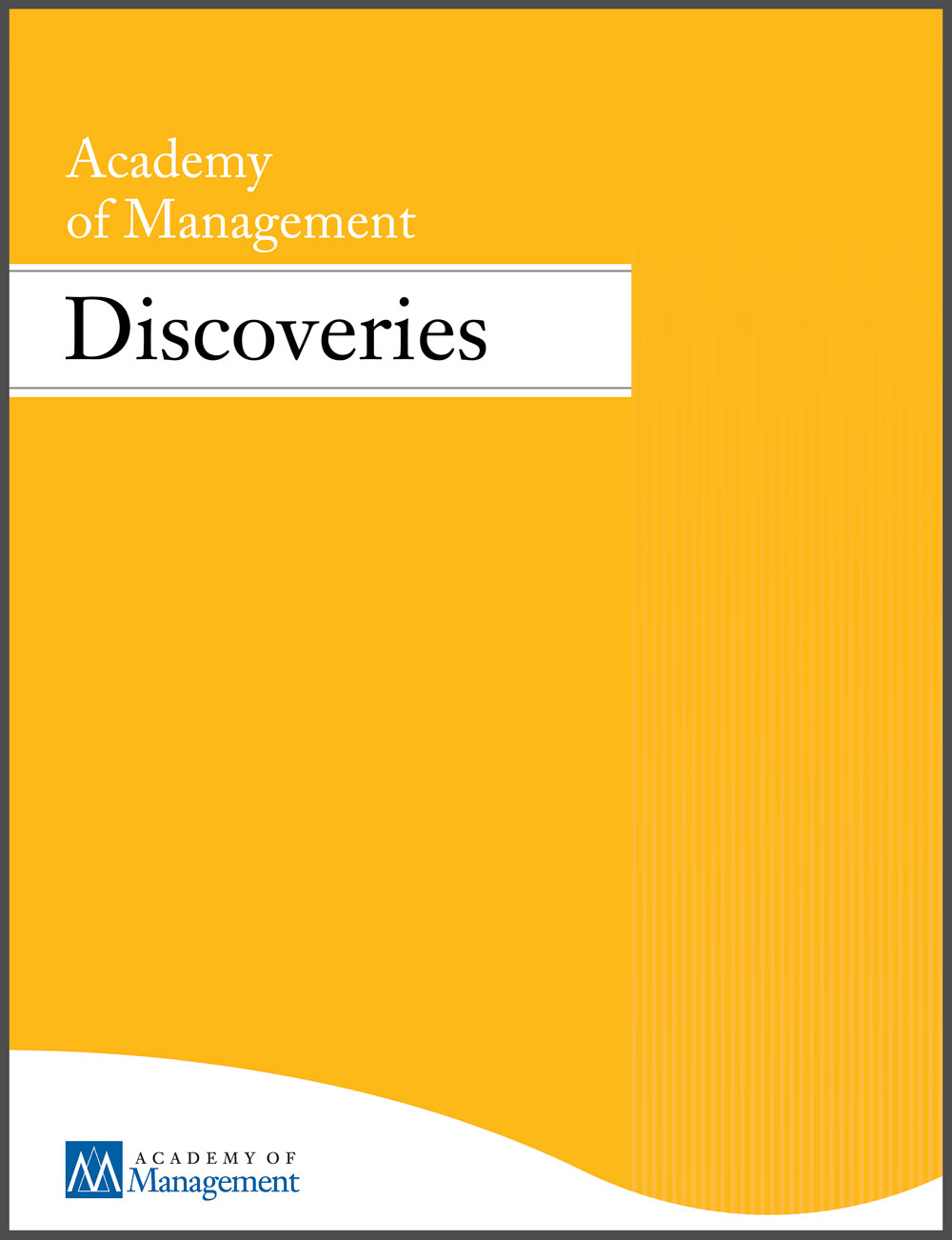《工作中的食物和脂肪:暴饮暴食者职业生涯中的83个瞬间
IF 4.8
2区 管理学
Q2 MANAGEMENT
引用次数: 0
摘要
本文探讨了工作中的暴食症。通过自己的民族志,作者从职业生涯的第一个十年(2014-2023)中挑选了经验和文件,以研究和传达与暴饮暴食症相关的食物和身体挑战如何与工作生活的各个方面相互作用,例如社交,合作,指导,穿着,饮食,旅行,参加会议和会议,以及履行基本的专业责任。这个故事有特权的标志:工作是白领,很轻松,人口和社会经济在很大程度上是有利的。我们希望这样的观点能够促进我们对工作中食物和身体斗争的理解、表现和讨论。研究暴饮暴食症是如何被对抗、忍受、屈服、管理、恐惧、隐藏、分享、忽视、应对、厌恶、痴迷和绝望的,揭示了个体是如何同时与多个身体一起生活和工作的——每个身体都有自己的行为和经历,每个身体的来来去去都不是完全可预测的,大多数身体都是不需要的,但却抵抗着抛弃它们的努力。本文最后考虑了这种身体多样性对我们理解身份、有目的的行动、动机、男子气概和同理心的影响。本文章由计算机程序翻译,如有差异,请以英文原文为准。
Food and Fat at Work: 83 Moments from a Binge Eater's Professional Life
This paper explores binge-eating disorder at work. Through autoethnography, experiences and documentation from the first decade of the author's career (2014-2023) are culled in an effort to examine and convey how food and body challenges related to binge-eating disorder may interact with various aspects of working life, such as socializing, collaborating, mentoring, dressing, eating, traveling, attending meetings and conferences, and carrying out basic professional responsibilities. The story has marks of privilege: The job is white collar and cushy, the demographics and socioeconomics are largely advantaged. The hope is that such a perspective may nonetheless advance our understanding, representation, and discussion of food and body struggles at work. Examining how binge-eating disorder may be battled, endured, succumbed to, managed, feared, hidden, shared, ignored, coped with, detested, obsessed over, and despaired of brings forth how individuals may live and work with multiple bodies at once – where each body has its own profile of behaviors and experiences, each body's comings and goings are not wholly predictable, and most bodies are unwanted yet resistant to efforts to discard them. The paper concludes by considering implications of this body multiplicity for our understanding of identity, purposive action, motivation, masculinity, and empathy.
求助全文
通过发布文献求助,成功后即可免费获取论文全文。
去求助
来源期刊

Academy of Management Discoveries
MANAGEMENT-
CiteScore
10.00
自引率
3.20%
发文量
40
期刊介绍:
The mission of AMD is to publish phenomenon-driven empirical research that theories of management and organizations neither adequately predict nor explain. Data on these poorly-understood phenomena can come from any source, including ethnographic observations, lab and field experiments, field surveys, meta-analyses, construct validation research, and replication studies. AMD welcomes exploratory research at the pre-theory stage of knowledge development, where it is premature to specify hypotheses, and which generates surprising findings likely to stimulate and guide further exploration and analysis. This research must be grounded in rigorous state-of-the-art methods, present strong and persuasive evidence, and offer interesting and important implications for management theory and practice. Read the Discoveries FAQs.
 求助内容:
求助内容: 应助结果提醒方式:
应助结果提醒方式:


